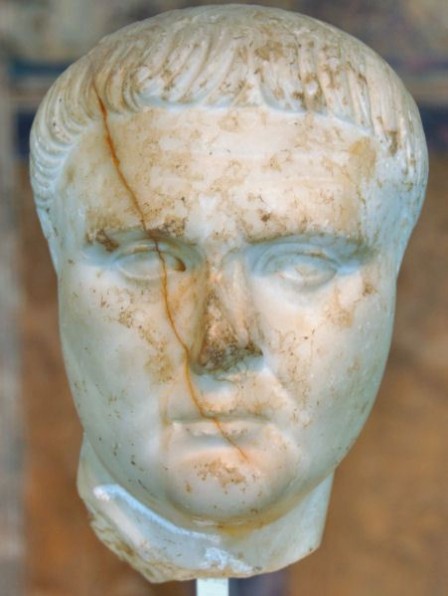Epictetus
Epictetus (c.50-c.125): Greek-Roman philosopher, belonging to the Stoic school.

Born in Phrygia, Epictetus became a slave of the emperor Nero's courtier Epaphroditus. When he was old, useless and therefore "freed" from slavery, he had to make a living and started to teach the Stoic philosophy, first at Rome and (after the emperor Domitian had expelled all philosophers from Rome in 89) at Nicopolis in western Greece.
Because Epictetus was able to explain Stoicism in a systematic way and with an open eye to its practical applications, he had many students from the rich senatorial order, which ruled the Roman empire. Among these men were the future emperor Hadrian and the historian Arrian of Nicomedia, who published several of his conversations.
Epictetus wrote a Handbook, which is arguably the most popular book on philosophy that was ever written.